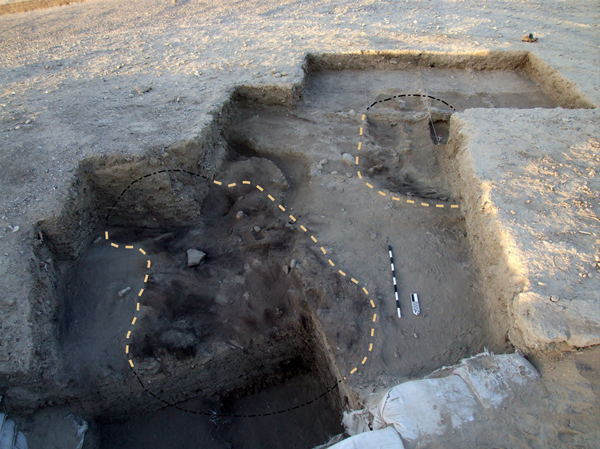German researchers have uncovered what may be the remains of the world's oldest handbag, according to Sachsen-Anhalt State Archaeology and Preservation Office archaeologist Susanne Friederich. Though the bag itself, probably made of leather or linen, rotted away long ago, the form of the bag's outer flap—made of more than 100 dog teeth, all sharp canines—was preserved. The remains were discovered in a surface coal mine not far from Leipzig, next to the body of a woman buried at the end of the Stone Age, between 4,200 and 4,500 years ago. Dog teeth are often found in graves from the period, usually as necklaces or hair ornaments. "But every woman would argue that a handbag should count as jewelry too," says Friederich. Further analysis may reveal more about the dozens of dogs whose teeth decorated the bag.
Dogtooth Is the New Black
Recommended Articles
Digs & Discoveries November/December 2025
Canine Couture
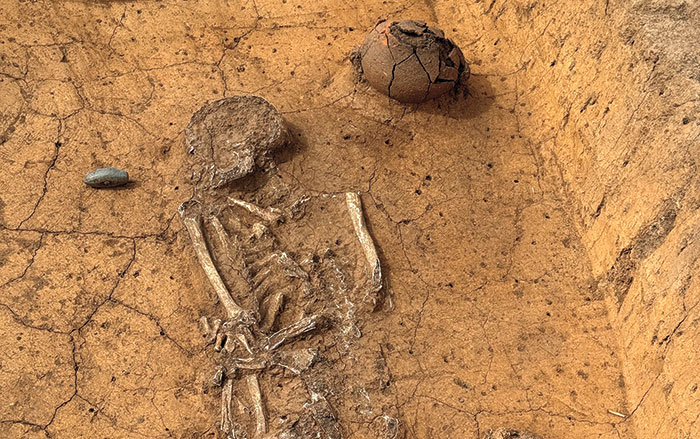
Digs & Discoveries September/October 2025
Good Night, Sweet Prince
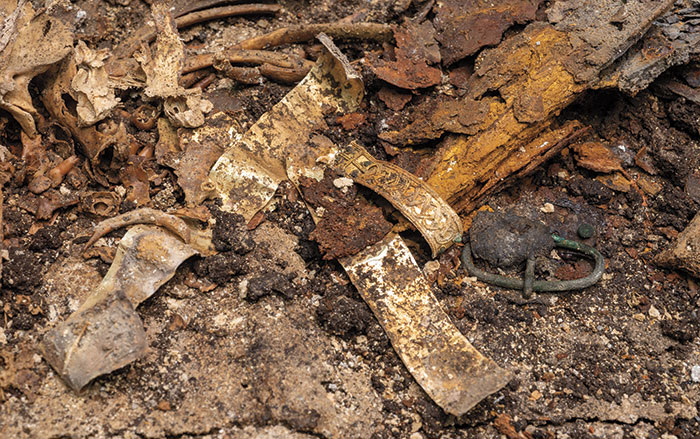
Digs & Discoveries July/August 2025
Saints Alive
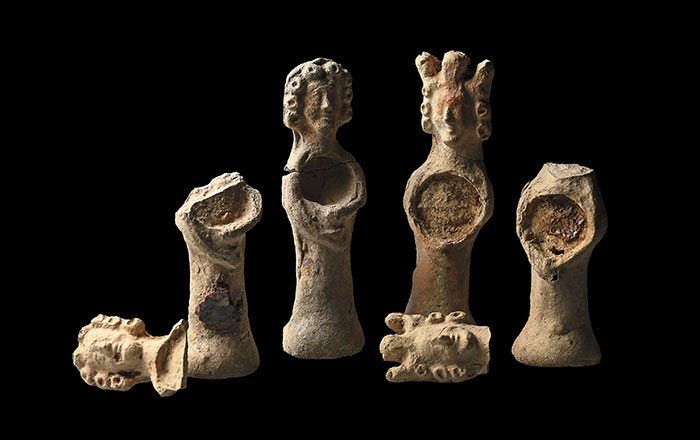
Digs & Discoveries July/August 2025
Soldiers of Ill Fortune

-
Features May/June 2012
The Story of a Site and a Project: Excavating Tel Kedesh
More than a decade after they began working at an enormous mound in Israel's Upper Galilee region, two archaeologists reflect on their work
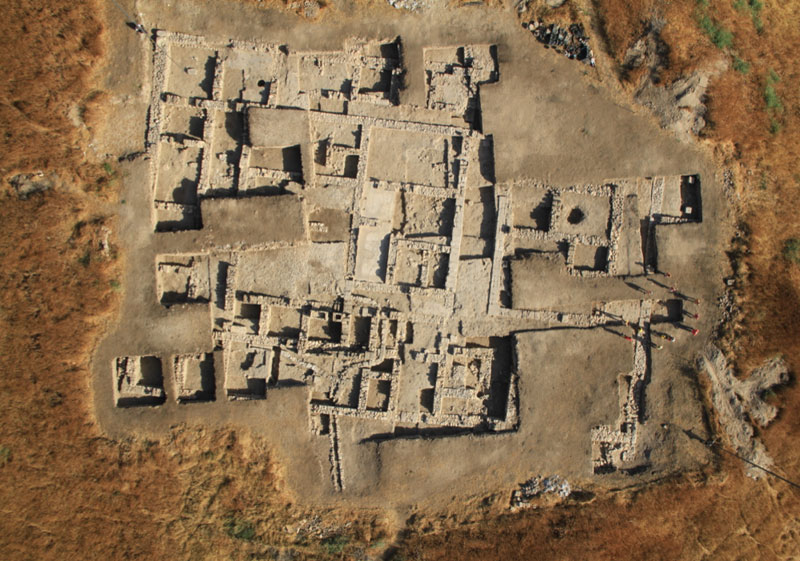
-
Letter from California May/June 2012
A New Look at the Donner Party
The Native American perspective on a notorious chapter in American history is being revealed by the excavation and study of a pioneer campsite

-
Artifacts May/June 2012
Charioteer Statuette
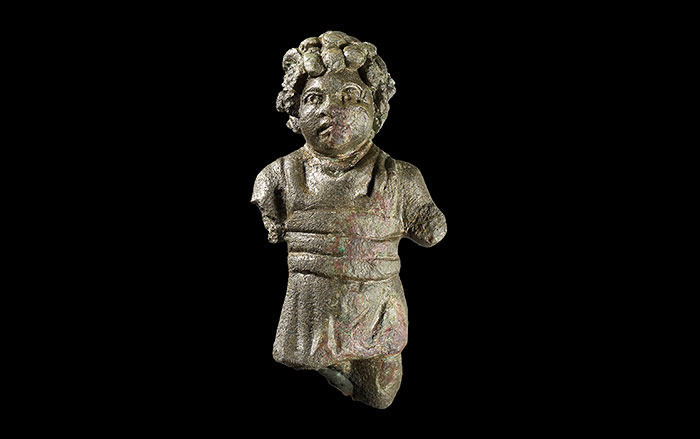 (Courtesy MNHA Luxembourg/T. Lucas)
(Courtesy MNHA Luxembourg/T. Lucas) -
Digs & Discoveries May/June 2012
An Elite Viking
The transition from hunting and gathering in the Paleolithic period to sedentary agricultural lifestyles in the Neolithic may have been a long process, according to a research team working at Kharaneh IV, a 20,000-year-old site in Jordan.
